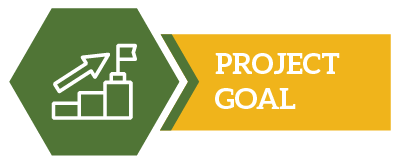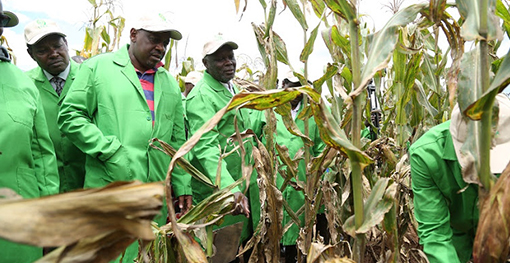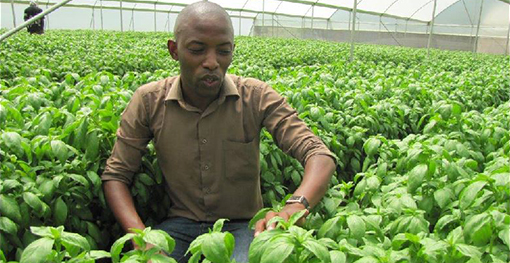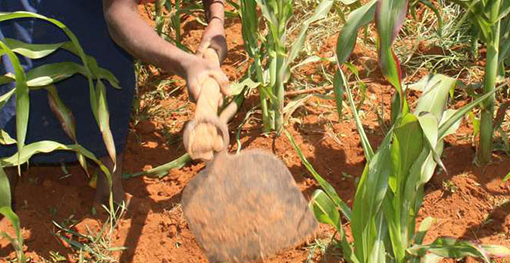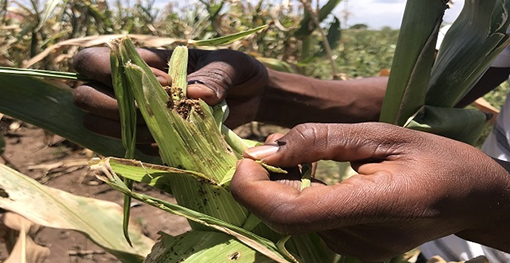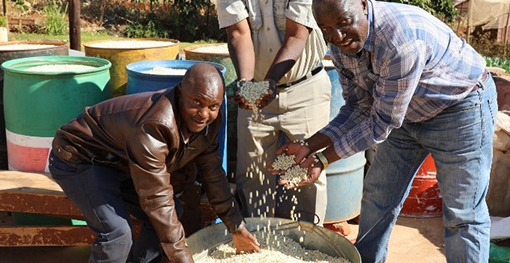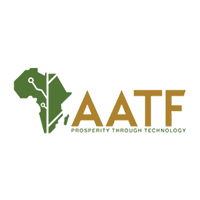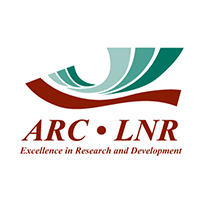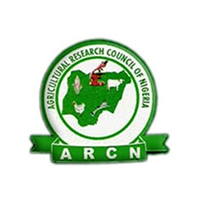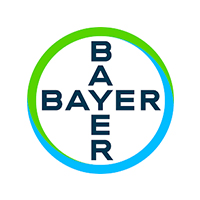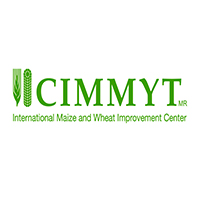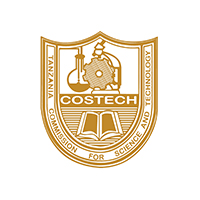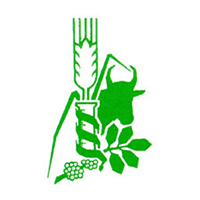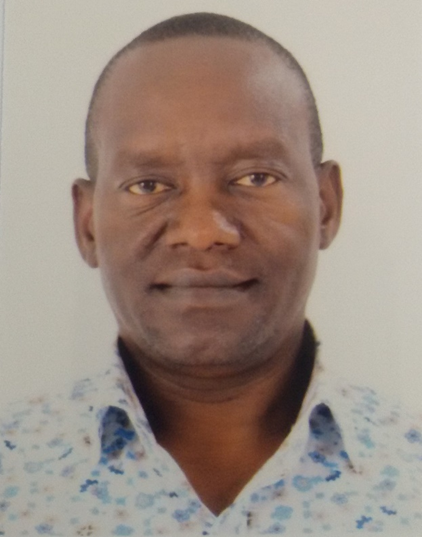BMSS/ABMAN MAIZE PROJECT
Protecting maize against drought and insect damage
ABOUT THE PROJECT
Maize is the most widely grown food crop in Africa with more than 300 million people depending on it as their main food source. Its production is however severely affected by drought and insect-pests, which negatively impact yields leading to crop failure, hunger and poverty. Identifying ways to mitigate drought risk, stabilize yields, and encourage small-scale farmers to adopt best management practices is fundamental to realizing food security and improved livelihoods for the continent.
Through the support of the Bill and Melinda Gates Foundation and the United States Agency for International Development, AATF is leading the BMSS/ABMAN Maize Project, a public-private partnership that is addressing the problem of drought in maize and destructive insects specifically stemborers and fall armyworm. Stemborers reduce maize production in several countries in Africa; and in Kenya alone, this loss averages 13% or 400,000 tonnes per year equivalent to USD 90 million.
Similarly, projections estimate that the Fall Armyworm could destroy up to 20 million metric tons of maize in Africa each year, enough to feed 100 million people. The TELA Project is working towards commercialisation of transgenic drought-tolerant and insect-protected maize varieties to enhance food security in Sub-Saharan Africa.
The word ‘TELA’ is derived from the Latin word TUTELA which means ‘Protection’. The TELA Maize Project builds on progress made from a decade of excellent breeding work under the Water Efficient Maize for Africa (WEMA) Project. The TELA Maize Project is currently implemented in 7 countries – Ethiopia, Kenya, Mozambique, Nigeria, South Africa, Tanzania and Uganda.
AATF PROJECTS
TELA Maize
TAAT Maize
TAAT Policy Enabler
Cowpea Project
MLN Project
OUR CONTRIBUTION
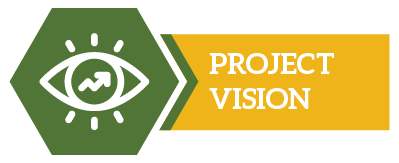
Increase maize productivity in Africa whilst creating employment opportunities for women and youth.

“We will be judged by the Commitment and Actions we take today to enable farmers access seeds and markets for improved livelihoods” – Dr. Martin Fregene – AfDB Agriculture Director
PROJECT BENEFIT
FARMERS
TELA maize provides better drought tolerance, protection against stem borers, and partial but significant protection against FAW. As a result, farmers will spend less money on insecticides and reduce their exposure to these chemicals
BUSINESSES
The supply chain in manufacturing and distribution of the new breed opens up new business opportunities for seed companies and distributors across the sub-Saharan region.
SOCIETY
Given the breed’s enhanced resilience, adoption of Tela Maize will increase food production and thereby enhance the continent’s food security.
PROJECT HIGHLIGHTS
FIELD & IMPACT STORIES
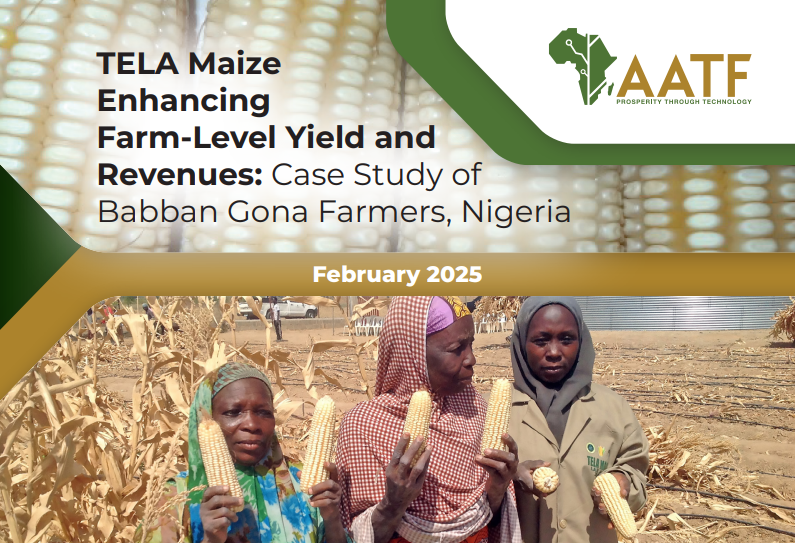
TELA Maize Enhancing Farm-Level Yield and Revenues: Case Study of Babban Gona Farmers, Nigeria Follow this story
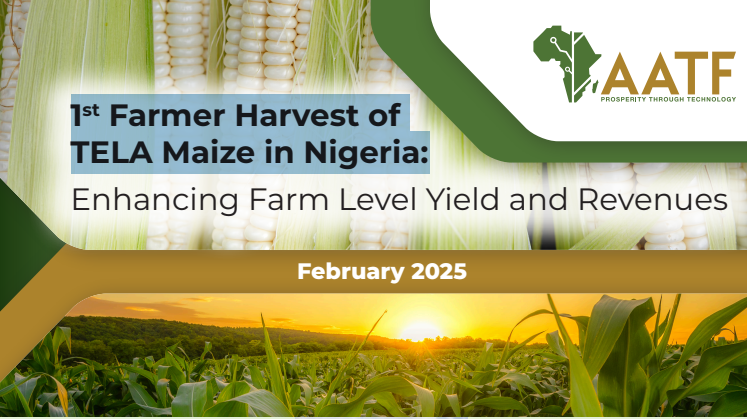
1st Farmer Harvest of TELA Maize in Nigeria Follow this story
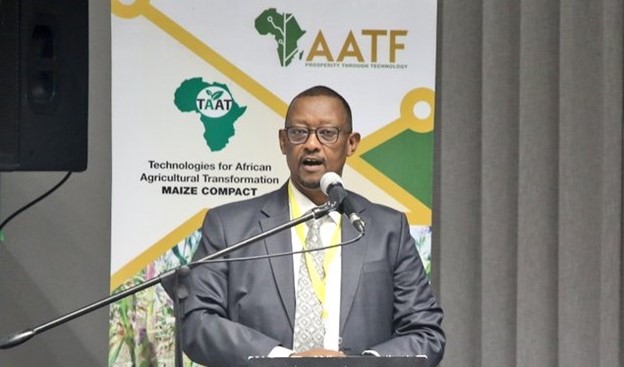
Delivering transgenic drought-tolerant and insect-protected maize varieties to African farmers
Follow this story
Need more info on this?
Get in touch with us for more information.
Fill out the contact request form & we'll get back to you.
PROJECT PARTNERS
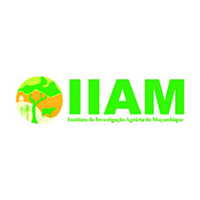
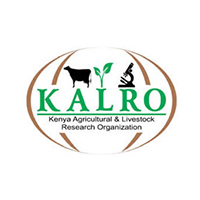
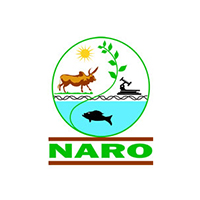
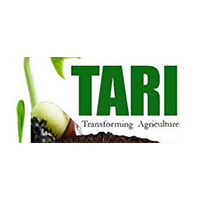
INFORMATION AND RESOURCES
Summary Highlights of the TELA Product Launch Collaboration Agreement
This summary is intended to provide transparency in understandable general terms for some of the key aspects of interest and importance to the public regarding the TELA Maize Product Launch
Download Resource file
TELA Branding Guidelines
The Water Efficient Maize for Africa (WEMA) Project is a public- private partnership that is developing drought-tolerant and; insect-pest protected maize hybrids.
WEMA products are trademarked under the brand names DroughtTEGO and TELA.
The WEMA Project has developed the following trademark and graphic standards to ensure consistent use of and to maintain the integrity of the brand mark TELA- an insect pest protected maize hybrid.
Download Resource file
Code of Ethical Conduct For Staff Members
Download Resource file
AATf Anti-Corruption Policy
Download Resource file
TELA Maize Project: General FAQs
The TELA Maize Project is a public-private partnership that is working towards initiating commercialization of transgenic drough-tolerant and insect-protected maize varieties to enahnce food security in sub-saharan Africa. The word “TELA” is derived from Latin word TUTELA which means “Protection”. The TELA Maize Project builds on prgress made from a decade of excellent breeding work under the Water Efficient Maize for Africa (WEMA) Project
Download Resource file
TELA Maize Technology: FAQs for seed companies
TELA Maize is the brand name for genetically modified (GM) maize hybrids developed by the TELA Maize Project. The hybrids have Bt genes that provide protection against stem borer and helps the maize plant tolerate moderate drought. The two genes have been integrated to new maize hybrids which have been bred conventionally for drought tolerance and improved yield.
TELA Product Launch Collaboration Agreement (PLCA) Summary.
The Product Launch COllaboration Agreement (PLCA) was made on February 15, 2019 between AATF, Centro Internacional de Mejorameinto de Maiz y Trigo (CIMMYT) and Monsanto Company
Performance and yield stability of maize hybrids in stress-prone environments in Eastern Africa☆
Wender Santos Rezendea, Yoseph Beyeneb,⁎, Stephen Mugob, Eric Ndouc, Manje Gowdab, Julius Pyton Sserumagad, Godfrey Asead, Ismail Ngolindae, McDonald Jumbob, Sylvester O. Oikehf, Michael Olsenb, Aluízio Boréma, Cosme Damião Cruza, Boddupalli M. Prasannab aFederal University of Viçosa (UFV), P. O.
Download Resource file
On-farm Performance and Farmers’ Perceptions of DroughtTEGO-Climate-Smart Maize Hybrids in Kenya
Caleb Omwibali Obunyali,* James Karanja, Sylvester Ojo Oikeh, Gospel Oluoch Omanya†, Stephen Mugo, Yoseph Beyene, and Ruth Khasaya Oniang’o
Download Resource file
ADOPTION OF CLIMATE-SMART DROUGHTTEGO® VARIETIES IN KENYA
Muinga G1* Marechera G1, Macharia I2, Mugo S3, RotichR1, Oniang’o RK4, Obunyali CO1 and SO Oikeh1
Download Resource file
Impact of DroughtTEGO® hybrid maize variety on agricultural productivity and poverty alleviation in Kenya
George Marechera1, Ibrahim Macharia2*, Grace Muinga1, Stephen Mugo3, Ruth Rotich1, Ruth
Khasaya Oniang’o4, James Karanja5, Caleb Obunyali1 and Sylvester O. Oikeh
Download Resource file
Duration analysis of DroughtTEGO® hybrid maize adoption in Kenya
*George Marechera1, Ibrahim Macharia2, Grace Muinga1, Stephen Mugo3, Ruth Rotich1, Ruth Khasaya Oniang’o4, James Karanja5, Caleb Obunyali1, Sylvester O. Oikeh1
Download Resource file
Impact of DroughtTEGO® hybrid maize variety on agricultural productivity and poverty alleviation in Kenya
Marechera, G., Macharia, I., Muinga, G., Mugo, S., Rotich, R., Oniang’o, R.K., Karanja, J., Obunyali, C., Oikeh, S.O. Impact of DroughtTEGO® hybrid maize variety on agricultural productivity and poverty alleviation in Kenya. African Journal of Agricultural Research, 14 (34) 1833–1844, 2019
Download Resource file
PROJECT MANAGEMENT

Dr. Kayode Sanni
Project Manager and Global Lead, Biotech Maize Seed System (BMSS) and Accelerating Bt Maize Adoption in Nigeria (ABMAN) Projects.
K.Sanni@aatf-africa.org
PROJECT INVESTORS
Bill and Melinda Gates Foundation supports the TELA, Open Forum on Agricultural Biotechnology in Africa, QBS, the Hybrid Rice: Breeding by Design projects and has contributed to integrating IT into CAMAP. The Foundation previously supported the WEMA project and also provided core funding for organizational operational support.
CALL US TODAY
254-20 422 3700
NAIROBI, KENYA
Naivasha Rd
EMAIL
aatf@aatf-africa.org

